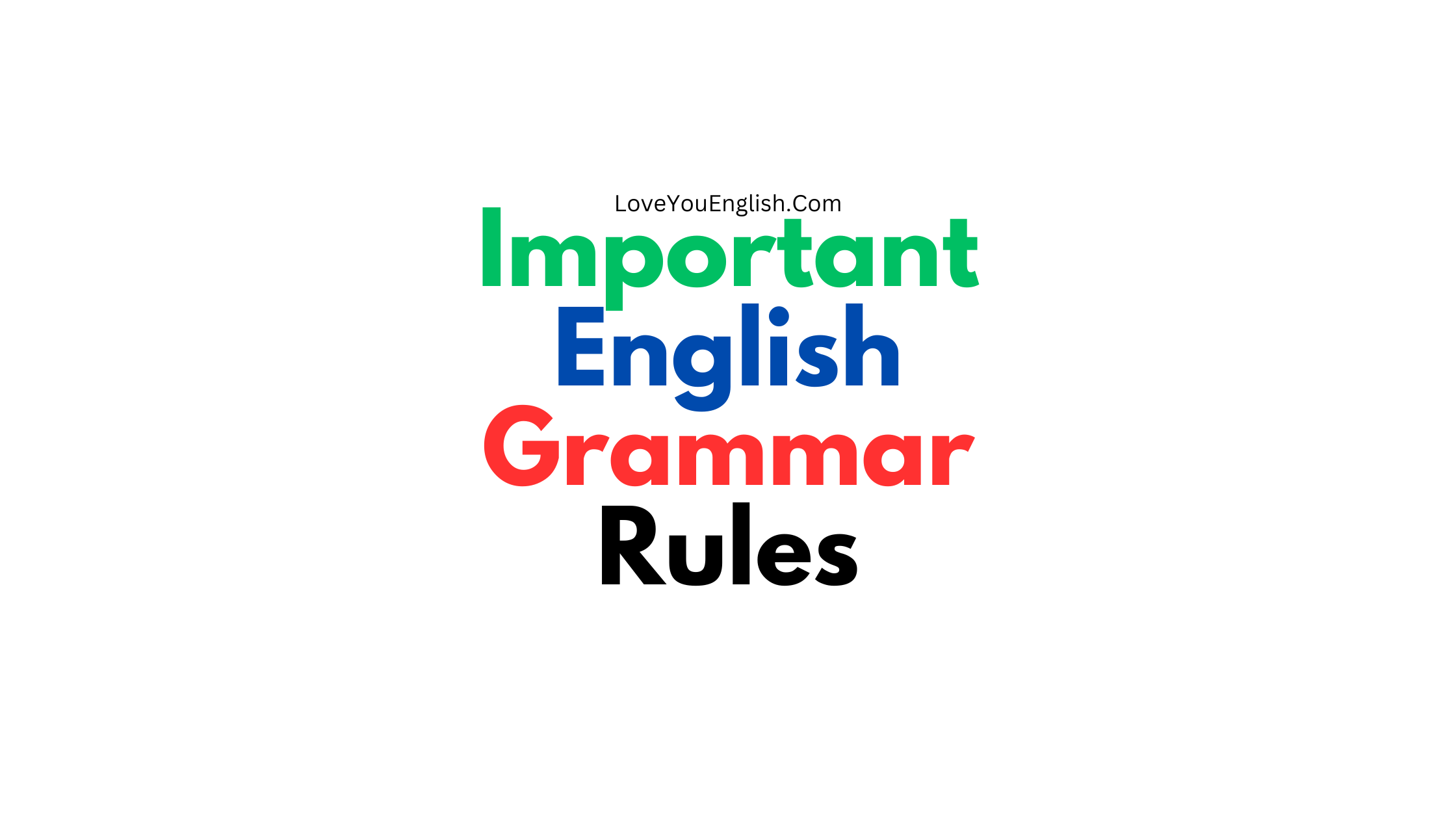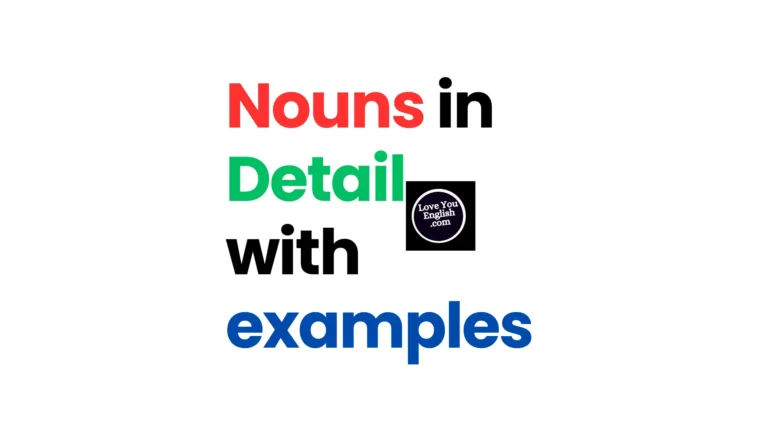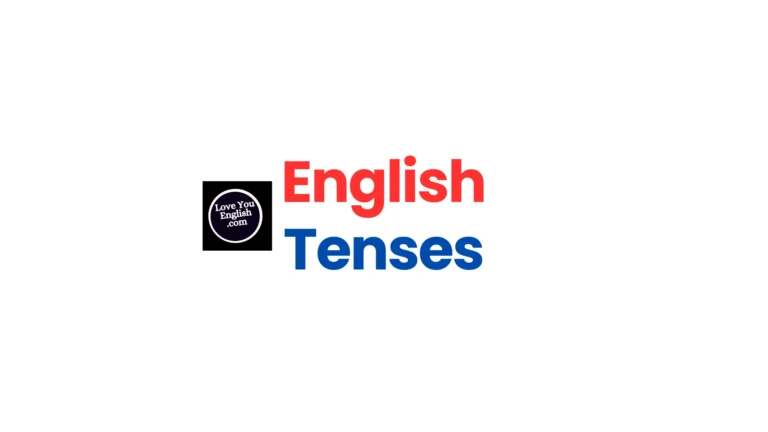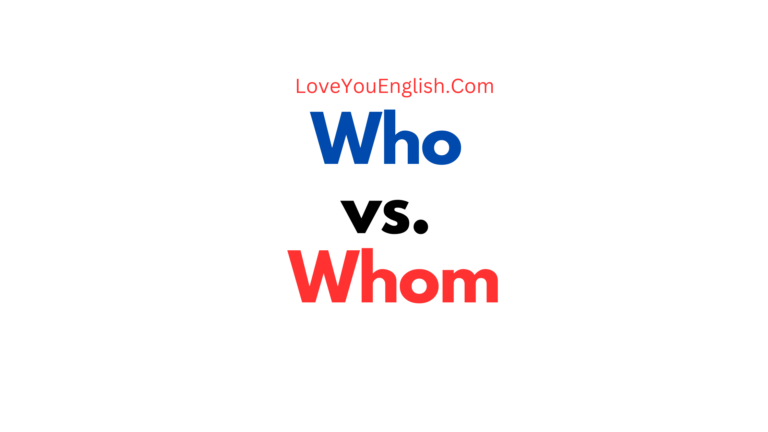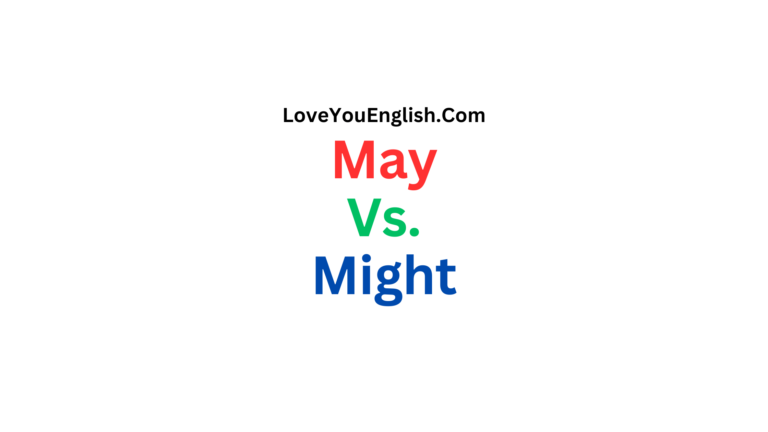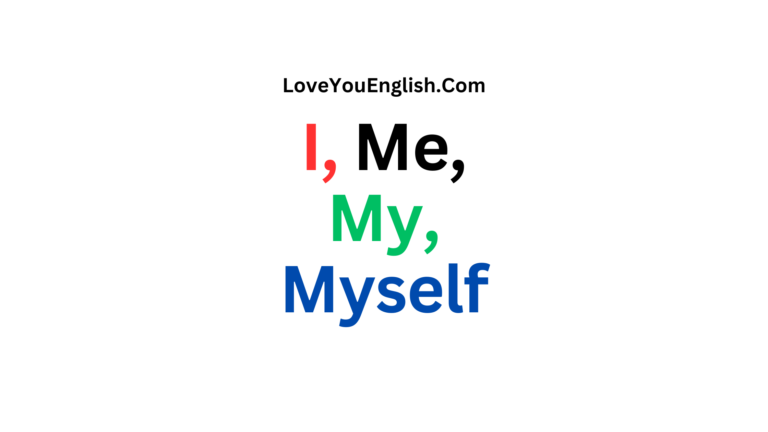Important English Grammar Rules
Hello everyone,
Good grammar is important for clear communication in writing and speaking.
Following the basic rules of grammar helps make your meaning clear to others.
Here are some of the most important English grammar rules to know.
Subject-Verb Agreement
One of the core grammar rules is that the subject and verb must agree in number.
If the subject is singular, the verb form must be singular. If the subject is plural, the verb must be plural.
Singular subject + singular verb:
• The cat sleeps on the sofa.
• She writes poetry.
Plural subject + plural verb:
• The cats sleep on the sofa.
• They write poetry.
Getting this right is very important, as mistakes in subject-verb agreement are easy to spot and can make you look sloppy.
Pronoun Agreement
Similar to subjects and verbs needing to agree, pronouns must also agree with the nouns they are replacing.
If a noun is singular, use a singular pronoun (it, he, she). If the noun is plural, use a plural pronoun (they, them).
Singular:
• The book is old, but it is a classic.
• The boy lost his backpack.
Plural:
• The books are old but they are classics.
• The boys lost their backpacks.
Using “They” as a Singular Pronoun
Traditionally, using “they” to refer to a singular person has been considered incorrect, as in “Each student should do their homework”.
However, using “they” as a singular pronoun is becoming more widely accepted, especially when the gender of the subject is unknown.
Verb Tenses
Verb tenses are the forms verbs take to indicate when an action happened.
The main tenses are:
• Present (I walk, I am walking)
• Past (I walked, I was walking)
• Future (I will walk, I will be walking)
It’s important to be consistent with your verb tenses rather than randomly shifting between past, present and future tenses. Inconsistent verb tenses can really confuse your reader.
Modal Verbs
Modal verbs are auxiliary verbs that express ideas like ability, possibility, permission and obligation.
Common modal verbs include:
• Can
• Could
• May
• Might
• Must
• Shall
• Should
• Will
• Would
For example:
• I can swim. (ability)
• You should study harder. (obligation)
• It might rain later. (possibility)
Modal verbs have some complex rules about when to use each one, so it’s a good idea to study them carefully.
Punctuation
Proper punctuation is also part of grammar. Here are some of the most important punctuation marks:
Period (.) – Used to end a sentence that is not a question or exclamation.
Question Mark (?) – Used at the end of a question.
Exclamation Point (!) – Used to express strong emotion like excitement or anger.
Comma (,) – Used to separate parts of a sentence or items in a list.
Apostrophe (‘) – Used to show possession or to take the place of omitted letters in a contraction.
Colon (:) – Used to introduce a list, quotation or example.
Semicolon (;) – Used to connect independent clauses that are closely related.
Learning how to properly use punctuation is essential for writing clear sentences that are easy for the reader to follow.
Capitalization
Capitalization means using capital (uppercase) letters in certain situations.
Some key capitalization rules:
• Capitalize the first word of a sentence.
• Capitalize proper nouns (names of people, places, etc).
• Capitalize days of the week and months of the year.
• Capitalize titles that go before names.
Example:
John Smith lives in Los Angeles, California. On Monday, he starts his new job as Vice President at XYZ Corp.
Following the capitalization rules helps with clarity and looks much more professional than randomly capitalizing words.
Active vs Passive Voice
Most of the time, it’s better to use the active voice rather than the passive voice.
Active voice is when the subject is doing the action.
For example:
• John kicked the ball.
Passive voice is when the subject is being acted upon.
For example:
• The ball was kicked by John.
The passive voice can sometimes sound awkward, and it requires more words.
However, it is sometimes needed, such as when you don’t know who did the action.
Commas
Commas are a type of punctuation that can be tricky to use properly.
Here are some key rules for using commas:
• Use a comma to separate items in a list.
• Use commas to separate adjectives modifying the same noun.
• Use a comma before a coordinating conjunction joining two independent clauses.
• Use commas to offset non-restrictive clauses and phrases.
For example:
• The plate, small and round, was on the table.
• I bought eggs, milk, and butter at the store.
• The puppy is cute, but it chews on everything.
• My brother, who loves sports, played soccer.
Following the comma rules can go a long way toward writing clear and grammatically correct sentences.
Commonly Confused Words
There are certain words that are commonly mixed up and used incorrectly, even by native English speakers.
Some examples:
Their/There/They’re
• Their indicates possession (Their house is big.)
• There refers to a place (Put it over there.)
• They’re is a contraction of “they are” (They’re coming soon.)
Your/You’re
• Your indicates possession (Is this your book?)
• You’re is a contraction of “you are” (You’re very smart.)
To/Too/Two
• To is a preposition (I’m going to the store.)
• Too means “also” or “excessive” (I’m going too. That’s too much.)
• Two is the number (I have two dogs.)
Its/It’s
• Its is the possessive of it (The cat licked its paws.)
• It’s is a contraction of “it is” (It’s going to rain.)
Watch out for these and other tricky word mix-ups.
Double check to make sure you’re using the right word.
I hope these tips on important English grammar rules have been helpful!
Grammar might seem dull, but it’s extremely important for communicating clearly.
Taking the time to learn and follow the rules will make you a much better writer and speaker.
_____________________
Check out these awesome grammar books I recommend:
High School English Gram & Comp – by WREN & MARTIN
OXFORD ENGLISH GRAMMAR COURSE ADVANCED WITH KEY (WITH EBOOK)
